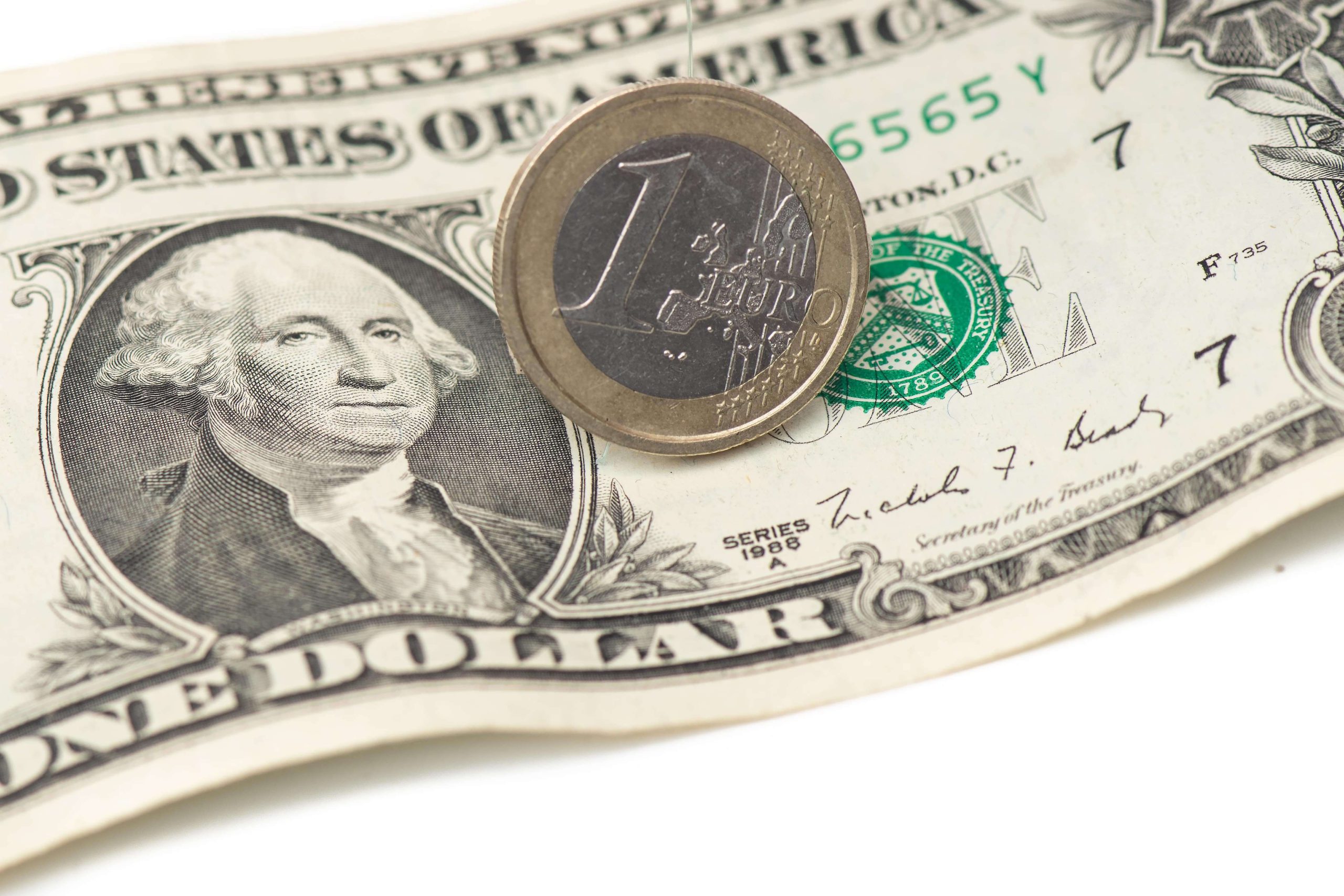Over the past few days, the euro currency has experienced a significant decline and tumbled one per cent against the US dollar, reaching 1.0774.
Furthermore, the euro also decreased to 0.85 against the British pound, registering the lowest level since August 2022.
In addition, the euro depreciated against the Swiss franc, reaching a level of 0.9660, its lowest point in over two months.
The euro currency can be found in 20 European Union (EU) countries: Malta, Austria, Belgium, Croatia, Cyprus, Estonia, Finland, France, Germany, Greece, Ireland, Italy, Latvia, Lithuania, Luxembiurg, the Netherlands, Portugal, Slovakia, Slovenia and Spain.
Currency turmoil was sparked by an element of political uncertainty, as European Parliament elections saw increased far-right support in central member countries.
Generally, while candidates and parties range from one another, far-right representatives uphold nationalist, anti-immigration, Eurosceptic ideologies.
Furthermore, far-right politicians tend to advocate for stricter immigration policies while opposing integration and economic policies within the EU.
A shift in European practices and policies might put a strain on economic growth.
In France, the far-right party National Rally, received 31.5 per cent of the vote, more than twice that of the French President, Emmanuel Macron’s, Renaissance party.
This prompted the President to call of snap parliamentary elections with two rounds of voting to take place before (30th June) and after (7th July) the Paris Olympics.
Nearby, in Italy, Brothers of Italy – led by Prime Minister Giorgia Meloni – garnered 28 per cent of the votes, the highest in the country.
Germany’s far-right party, Alternative for Germany, received 16.2 per cent, gaining five percentage points compared to the previous election and coming second after centre-right Christian Democrats. The party won 30.2 per cent of the vote.
This election also saw a sharp decline for Germany’s Social Democrats, that garnered less than 14 per cent in the election.
The same can be said for Austria’s far-right Freedom Party, that won 27 per cent of the votes, ahead of the ruling party’s 23.5 per cent.
A surge in far-right support was also noted in Belgium and Spain. On the other hand, Hungary’s far-right party remained at the top of the ranks, despite registering their worst result yet.
Key takeaways from the MEP elections across Europe
At the time of writing, EU Parliament results stand as follows:
Overall, the EPP reigned supreme in the elections, having the majority share of all groups, even with the rise of far-right representations from its member states.
Locally, the Labour Party, whose candidates form part of Socialist and Democratic (S&D) group, won the election with a majority of just 8,454 votes between the Labour Party and the Nationalist Party.
The six MEPs to represent Malta in the EU are: Roberta Metsola, Alex Agius Saliba, Peter Agius, David Casa, Daniel Attard and Thomas Bajada.
| Party | Seats | Comparison to 2019 |
| European People’s Party (EPP) Malta’s three MEPs representing the Nationalist Party: Roberta Metsola, David Casa and Peter Agius form part of the EPP group. | 185 | Gained nine |
| Socialists and Democrats (S&D) Malta’s three MEPs representing the Labour Party: Alex Agius Saliba, Thomas Bajada and Daniel Attard form part of the S&D group. | 137 | Lost two |
| Renew (RE) | 79 | Lost 23 |
| Conservatives and Reformists (ECR) Furthest right on the spectrum. | 73 | Gained four |
| Identity and Democracy (ID) Furthest right on the spectrum. | 58 | Gained nine |
| Greens/EFA | 52 | Lost 19 |
| Left | 36 | Lost one |
| Nonaligned members | 100 | Gained 38 |
Beyond the elections
On Thursday, the Governing Council of the European Central Bank (ECB) opted to lower the three key ECB rates by 25 basis points. This was the first rate cut since 2019.
This was aimed at boosting the bloc’s economy, which has stagnated over the last two years as high borrowing rates stifled investment.
Two years since its birth, Moneybase features on Microsoft’s Customer Stories
Moneybase has now just been featured on Microsoft’s latest Customer Stories
Finance Minister confirms continuity of food and energy subsidies
Spending on food and energy subsidies as a percentage of the GDP will be at 0.7% in 2025
MHRA congratulates Glenn Micallef on EU role, highlights positive impact on Malta’s tourism and cultural sectors
The lobby group emphasised that Malta’s cultural assets and sports scene are key factors in attracting visitors and fostering economic ...






